kategori film bahasa kurdish
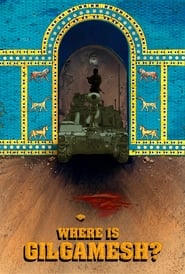 A priceless tablet of Gilgamesh the...
A priceless tablet of Gilgamesh the...Where is Gilgamesh? 2024
A priceless tablet of Gilgamesh, the oldest and most important work of literature is stolen from a museum. A security guard vows to do whatever it takes to get it back from a group of smugglers. Along the way, he faces his own inner demons.
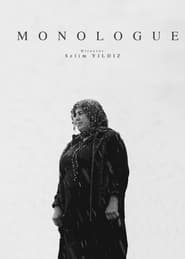 Sivan Enc a young Kurdish man...
Sivan Enc a young Kurdish man...Monologue 2023
Sivan Encü, a young Kurdish man, provided for his family by "smuggling" through the Turkish-Iraqi border. When he was murdered in the 2011 Robozik (Roboski) Massacre, the responsibility of family's welfare was taken over by his younger brother Sinan, who lost his life in an unfortunate accident. This is the story of their grief-stricken mother Heyam and her resilience. Alongside Heyam's struggle, the film brings the voices of Robozik elders and notables to the forefront, who have experienced first-hand the social, political and economic dimensions of smuggling, which has been the backbone of survival for the locals for many generations.
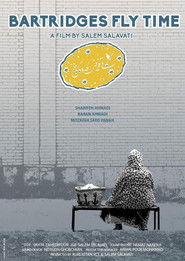 Nanny Asiah an elderly woman who...
Nanny Asiah an elderly woman who...Partridges Fly Time 2023
Nanny Asiah, an elderly woman who makes a living by selling sugar, makes a promise to herself after her son's execution in the Kurdistan prison that if she can stop someone from retribution (execution), she will dance and rejoice until the morning call to prayer.
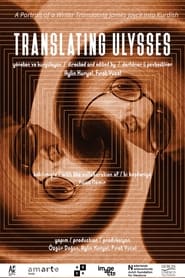 Kawa Nemir is like a walking...
Kawa Nemir is like a walking...Translating Ulysses 2023
Kawa Nemir is like a walking dictionary of the Kurdish language. He flees Turkey and takes refuge at Anne Frank's former house in Amsterdam. Will he be able to finish the translation of Ulysses and publish it?
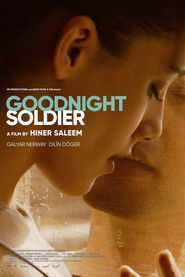 Zin and Avdal are madly in...
Zin and Avdal are madly in...Goodnight, Soldier 2022
Ziné and Avdal are madly in love in spite of their families’ ancestral feud. When both parties finally set aside their differences and agree to their children getting married, Avdal is injured at the front and his inability to perform sexually casts a shadow over the wedding night. As this revives the family tensions, the newlyweds start exploring new forms of pleasure. Will their love overcome decades of conflict and tradition?
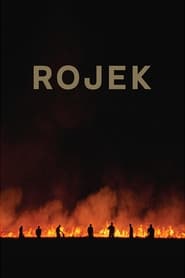 After the impressive Gulistan Land of...
After the impressive Gulistan Land of...Rojek 2022
After the impressive Gulistan, Land of Roses (VdR 2016), the Kurdish filmmaker Zaynê Akyol returns with these conversations with imprisoned members of the Islamic State, alternating their words with aerial views of the countryside. An unexpected look at a far-reaching current political issue and a film whose subject matter and rhythm create an impressive cinematic object.
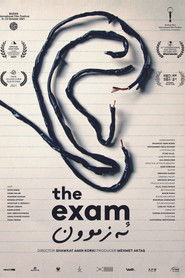 Rojin is a young Kurdish woman...
Rojin is a young Kurdish woman...The Exam 2021
Rojin is a young Kurdish woman about to take the university entrance exam. Rojin's unhappily married older sister Shilan decides to help her pass at any cost, hoping to give her a more emancipated life. Thus, the sisters inevitably become entangled in a huge network of corruption that connects all parts of society.
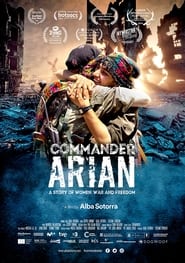 On the front line of the...
On the front line of the...Commander Arian 2018
On the front line of the Syrian war, a 30-year-old commander leads her female battalion to retake an ISIS-controlled city and emerges severely wounded, forcing her to redefine herself in this empowering tale of emancipation and freedom.
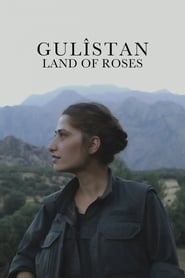 They belong to the armed wing...
They belong to the armed wing...Gulîstan, Land of Roses 2016
They belong to the armed wing of the PKK, the Kurdistan Workers' Party, which is also an active guerrilla movement. The mission of these female fighters? Defend Kurdish territory in Iraq and Syria, and defeat ISIS (the armed militants of the so-called Islamic State group), all while embodying a revolutionary ideal advocating female empowerment. As filmmaker Zaynê Akyol follows their highly regimented lives, seasoned fighters like Rojen and Sozdar openly share with us their most intimate thoughts and dreams. Even as fighting against ISIS intensifies in the Middle East, these women bravely continue their battle against barbarism. Offering a window into this largely unknown world, Gulîstan, Land of Roses exposes the hidden face of this highly mediatized war: the female, feminist face of a revolutionary group united by a common vision of freedom.
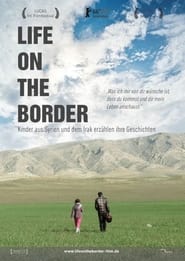 The fate of thousands of people...
The fate of thousands of people...Life on the Border 2015
The fate of thousands of people is unified under the tarpaulins of the refugee camps in Kobanê and in Shingal. Kurdish filmmaker Bahman Ghobadi has given eight children the opportunity to use a camera to tell their own stories. Each film gives us a glimpse into the plight of the children, as seen through their own eyes. Their stories tell of young people with their whole lives ahead of them, though they’ve already lost almost everything. At a certain point, the film crew leaves the camp and follows the 13-year-old Mahmod and his sister in the search for his parent‘s house in Kobanê. The town has been ravaged by the war and all the children find is rubble. The eight films reveal the courage and openness of the young filmmakers, who share their stories with great intensity, realism and poetry, despite their harsh fate.
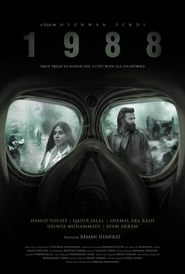 In the winter of 1988 in the...
In the winter of 1988 in the...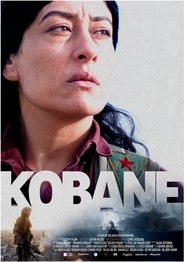 Despite being outnumbered and outgunned a...
Despite being outnumbered and outgunned a...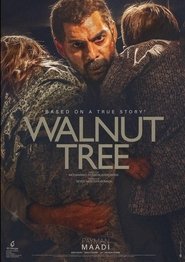 Qader a bricklayer from Sardasht in...
Qader a bricklayer from Sardasht in...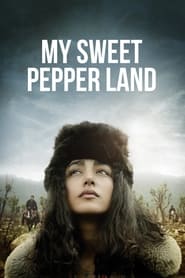 Baran a war hero becomes sheriff...
Baran a war hero becomes sheriff...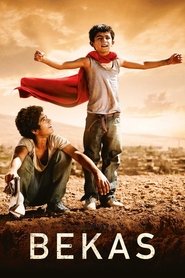 Two shoeshiner homeless brothers named Zana...
Two shoeshiner homeless brothers named Zana...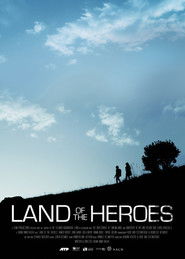 Iraq 1988 A land devastated by war...
Iraq 1988 A land devastated by war...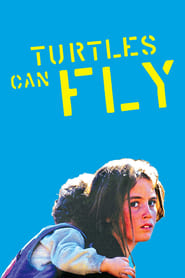 Turtles Can Fly tells the story...
Turtles Can Fly tells the story...